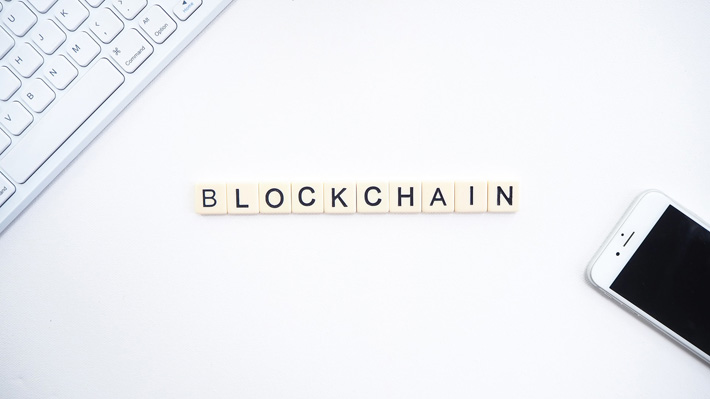Industries that Blockchain is Expected to Impact

Blockchain has been quite the buzzword lately, and with good reason. Blockchain is a revolutionary technology that promises to change how our society functions. It can be used for everything from housing transactions to medical records! And as it becomes more popular, more and more industries are expected to adopt it.
Blockchain is a game-changer. It is shaking up industries and opening doors to new opportunities. With the implementation of blockchain, many industries can be improved or revolutionised. When it comes to online financial transactions, blockchain offers an unravelled level of security for your cash as well as personal financial data. According to the latest cryptocurrency news, the fact is realised most by online traders and gamers.
The blockchain is only about eight years old, but it has positively and negatively impacted many industries and is expected to change the way we live and do business. Below are some key sectors that have felt the impact of blockchain:
Healthcare
The healthcare industry has been preparing to introduce blockchain technology to streamline and secure healthcare transactions. Using blockchain, doctors and hospitals will easily access patients’ medical records without needing any sort of authorisation. For example, if a patient needs to visit a different hospital for some tests, the patient’s medical record can be written to the blockchain with a doctor’s permission.
Fashion
The fashion industry is one of the most challenged industries in the modern world. Today, it lacks innovation and is struggling to keep up with customer demands. Blockchain has an essential role in transforming the industry, using blockchain technology to reduce wastage, fraud, and production time.
Publishing
Blockchain can give publishers more control over their work by taking away the power from distributors. It also offers a fairer way of tracking who is using content and how. It could also make advertising more transparent.
Travel and hospitality
Blockchain has the potential to revolutionise travel and hospitality, especially in the areas of customer service and fraud prevention. Since blockchain records are permanent, tamper-proof, and easily verifiable by any member of the network using its own system, it can help prevent fraudulent transactions. Blockchain will also allow companies to better serve their customers through more personalised services.
Banking and financial services
You may have heard of Bitcoin, a cryptocurrency that many see as the future of money. Blockchain technology supports Bitcoin usage. The decentralised platform can be applied to various industries, including finance and banking. All software comprises code: the blockchain is made up of blocks, which are codes. Each block has a cryptographic hash value, which is a unique identifier. The previous block’s hash value links to the next block in the blockchain, creating a chain. This collective code is open to everyone and cannot be edited, even by the person who created it. The blockchain is impossible to hack because each block has a unique identifier, ideal for the banking and financial sector.
Casino gaming
Blockchain technology has the potential to transform the way casinos operate by providing an infrastructure for peer-to-peer systems that offer more transparency and less fraud. With this technology, casinos would be able to create a decentralised ledger where customers can purchase items without using third parties like banks. Casinos could easily set up blockchain networks to enable direct peer-to-peer gambling, eliminating the need for a centralised authority like a casino operator. The use of the blockchain opens up many new opportunities for the gaming industry, and it will be interesting to see how this technology will impact it in the future.
Real estate
Blockchain can make digital property ownership more straightforward and more secure. Ethereum, for example, has a system that lets you store credentials on the blockchain. Digital documents such as deeds, titles, and wills could be stored and encrypted on the blockchain. This would allow people to buy and sell a property without hiring a lawyer because all the legal paperwork would be handled automatically by smart contracts.










